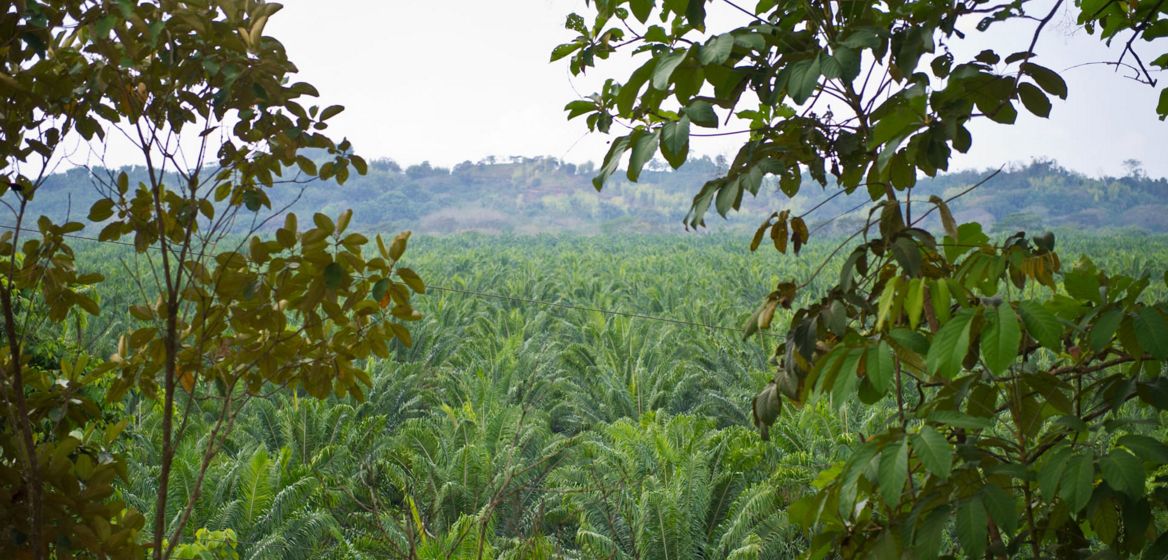How McDonald’s Uses Satellite Technology to Fight Deforestation
October 29, 2021
The world’s forests are essential natural resources – not only do they pump out oxygen and absorb greenhouses gases, but they also double as shelter and rich food sources for people, plants and animals. Despite everything that they provide, our forests remain under threat. That’s why McDonald’s is working with our suppliers and using cutting-edge satellite technology to uphold our commitments to the planet.
What’s the big deal?
According to the UN’s Global Forest Goals 2021 Report, deforestation claimed 10.2 million hectares per year between 2015 and 2020. If we don’t protect forests, it causes a chain reaction that can worsen the effects of climate change and endanger livelihoods, biodiversity and human rights.
It’s easy to understand why we should all be protecting our forests and backing practices that do the same. For McDonald’s, that means continuing to accelerate our efforts to eliminate deforestation from our global supply chains by 2030.
How can satellite technology help?
One way we look out for the planet’s forests is by using satellite-monitoring technology and national datasets to quantify and address the link between identified or projected deforestation and our supply chain. Because each country is different, we work with our suppliers and local stakeholders to tailor our Deforestation-Free Beef Procurement Policy to their needs.
If we spot threats to forests, our suppliers are expected to address the findings, where required through corrective action plans. When it comes to deforestation, our work is never done – but by working in partnership with our suppliers and stakeholders across the world and through the use of technology we have confidence that the steps we’re taking help conserve our planet’s green spaces. In fact, 99.4% of beef sourced for McDonald’s restaurants supported deforestation-free supply chains at the end of 2020.
Because when our forests thrive, so do we.

